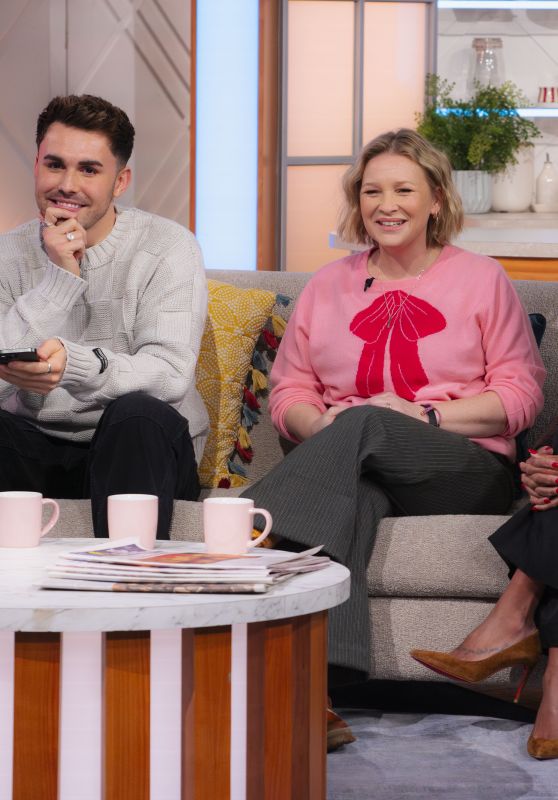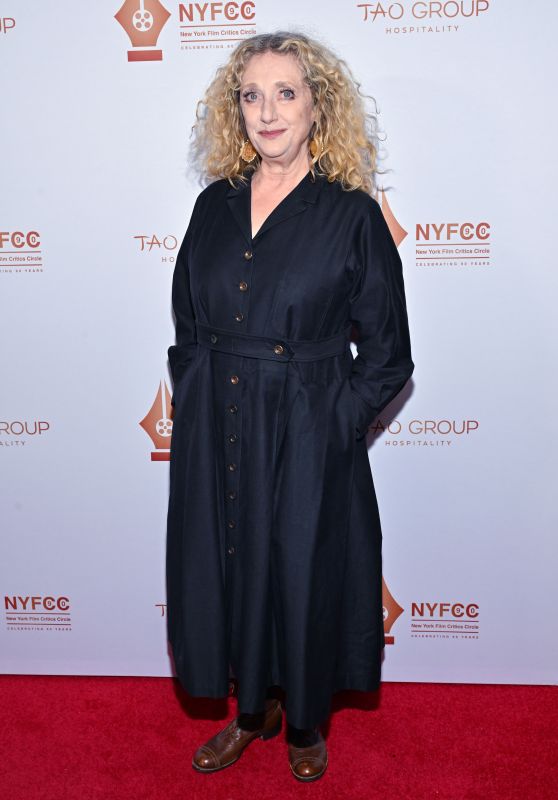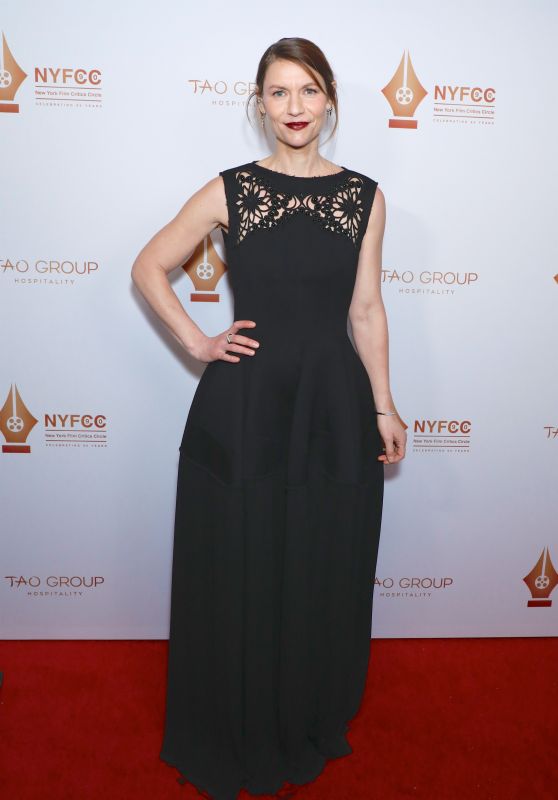Documentarian Tracy Droz Tragos has plenty of experience with California wildfires.
After all, she was on the ground with a camera not long after the November 2018 Camp Fire in Butte County as the community of Paradise tried to rebuild, shooting footage for Ron Howard’s 2020 National Geographic movie Rebuilding Paradise. She sat with people who’d seen everything they owned go up in smoke; she chronicled their heartache as they were unsure of where they’d live or if they’d ever see a penny of FEMA money.
On Wednesday, she became one of her subjects.
“We learned at midday today from a neighbor who walked back many miles to see what happened: Our house is gone,” she said. “Everything in it is gone.”
The night before, Droz Tragos, her husband, their teenage daughter and their two dogs stood outside their Pacific Palisades home and saw the flames coming toward them. Droz Tragos knew well from her shooting up in Paradise that people who dithered got stuck on roads and died.
So they didn’t pick up anything — not even socks for her husband — they just got in their car and drove.
“I honestly thought this was a dry run, I don’t know why,” Droz Tragos said Wednesday night from an Airbnb near her in-laws’ house in Santa Barbara, which the couple was able to book after spending Tuesday night at a friend’s place. “You really don’t think it’s going to happen to you.”
All of Wednesday morning, there was uncertainty, even a little hope. Maybe the flames had avoided their house. Maybe only part of it had burned. For a little while, Droz Tragos thought about trying to use a media credential to go back and see what happened herself; she even scooped up her sister-in-law’s teacher’s lanyard to complete the operation. But then the neighbor walked to investigate and confirmed their house was nothing but rubble, along with so many others on the block. The home of Droz Tragos’ 79-year-old mother, about 10 minutes away, was completely burned to the ground too.
“An entire community, wiped off the face of the earth,” she said. “And it’s not just your house — it’s your neighbor’s house. It’s the park you used to walk in and enjoy shade from the trees. it’s the place you got coffee. Where your kid goes to school. All of it.”
Her experience on Rebuilding Paradise, on which she had a producing role, has given her an unexpected expertise: She knew to bring N95 masks and several rolls of toilet paper.
“Neighbors were like, ‘Why are you bringing toilet paper?'” she recalled with a small laugh. “And I said ‘Trust me, you may find yourself in a situation without a bathroom and you’ll really wish you had toilet paper.'”
Droz Tragos is best known for her Grand Jury-winning Sundance documentary Rich Hill in 2014. Directed with her cousin Andrew Droz Palermo, the film looks at three working-class high-schoolers in a small Missouri town and became a critical sensation when it was released a decade ago.
The filmmaker had been working on a host of new projects and had just moved the hard drives of all of her footage along with her equipment into her mother’s house.
“I had it all in an (outside) vault until a few months ago,” she said. “But I thought, ‘Let me save the $80 a month from that Culver City storage space and just put it at my mother’s house.'”
As fires continue to sweep through and near Los Angeles, Droz Tragos’ story brings home the part of the Palisades wildfire tragedy that goes beyond celebrity Instagram stories.
The part that impacts what some locals affectionately call the “trailer park” section of the community, which is still solidly middle-class but hardly James Woods’ cliffside manor. The intensely and specifically human aspect of a tragedy that goes beyond political recriminations and even environmental-policy warnings.
The pain that climate disasters can bring, the gritty particles of a life they vanish.
The part in which a person sees their lives stolen from the sky by an unseen Biblical force.
And not just for one person — for an entire, lived-in, ordinary place.
“I know people think Pacific Palisades is fancy, but there’s a whole part of it that’s really not,” Droz Tragos said, as the dogs barked in the background and her daughter lamented her lack of clothes not currently on her back. “It’s multigenerational. The high school is a really cool place where my kid is able to go to school and meet people from all over.”
She added, “But it’s gone. The library’s gone, the grocery store is gone. All the touch points of the community are gone. The place where the quirky 4th of July parade happens — gone.”
A twinge of irony crept into her voice. “There’s a sign in the barbershop that is now no more that if you’re rich you live in Beverly Hills and if you’re famous you live in Malibu and if you’re lucky you live in Pacific Palisades.”
The post-fire comeback narrative, she says, sounds good. But Droz Tragos knows from her experience on Rebuilding Paradise that it’s not that simple. “Do you really want to go back and be reminded of all the trauma?” she said.
The hours Wednesday evening have been filed with what-ifs. A particular hard drive she wished she’d saved. Her daughter’s twin pet frogs, who had lived a long life but who they didn’t have time to retrieve. “I can keep going down the path of regret. But then I think, ‘Maybe if we’d gone back we wouldn’t have made it out at all,'” she said.
Insurance will pay for 14 days at the Airbnb. Droz Tragos doesn’t know where they will go after that. She’s just working through what to take from all of this.
“I hope we can be kinder to each other, tell more human stories and not just salacious stories,” she said. “I don’t know when I’ll be able to tell those stories because all my work is gone. But I hope other people can.”




















 English (US) ·
English (US) ·